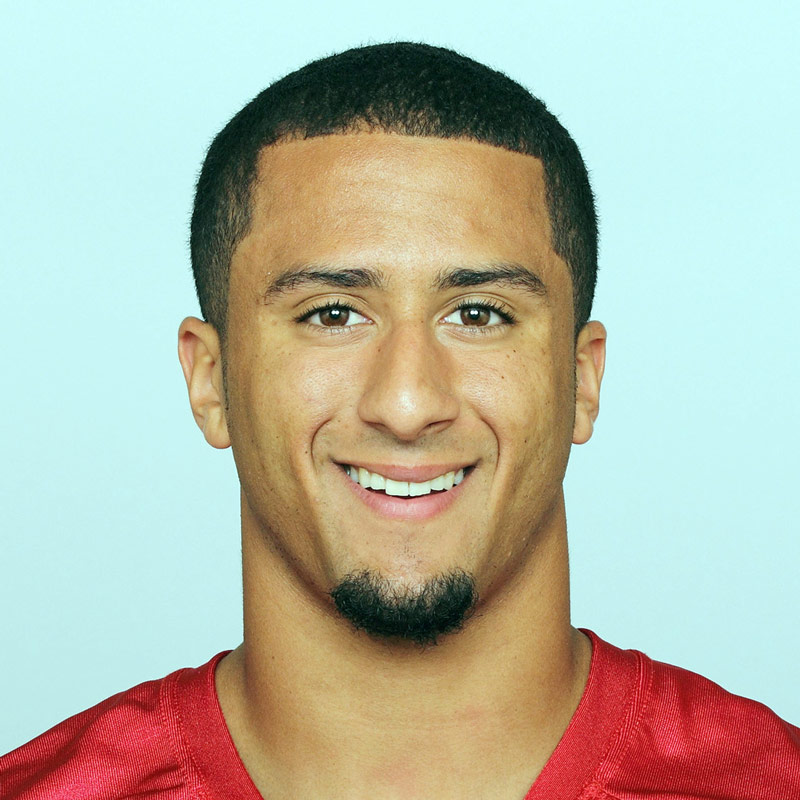
A recent study by scholars at the University of Colorado Boulder, the University of Connecticut, and Pennsylvania State University examined the career trajectories of the first 50 NFL athletes to kneel in protest during a pregame national anthem in 2016.
Beginning in August 2016, a number of National Football League players bucked tradition and defiantly kneeled instead of standing during the “Star-Spangled Banner” in protest of racial inequality and police brutality. The act drew both praise and rebuke from fans, politicians, and the public at large — and unequivocal condemnation from NFL team owners and executives. Perceived as disruptive to the league and interfering with fans’ enjoyment, that act of dissent proved to have negative career consequences for the players who kneeled. Case in point: The first to take a knee was San Francisco 49ers quarterback Colin Kaepernick. NFL team owners and executives condemned Kaepernick, who opted out of his contract the following year and has yet to resume playing in the league.
The study included data on players who were on NFL rosters at the start of the 2016 season when the protests occurred, then tracked those players’ careers through the end of the 2019 season. He found that players who participated in the protest often subsequently left their teams. This happened in a few different ways: a team released a player under contract or traded the player to another team; a player’s contract expired and he chose to move to another team bidding to employ him; or the player retired.
The study found that players who kneeled were more likely to move to teams in which the team managers, personnel decision-makers, and owners were more supportive of the protest and sympathetic to the underlying social movement. Players who protested in a less-supportive team environment earned less money for the next five years than other players on more supportive teams.
“We’re not offering people a judgment on whether they should or should not protest,” said Ethan J. Poskanzer, an assistant professor at the School of Business at the University of Colorado Boulder and a co-author of the study. “It’s something that everyone has to decide for themselves — what’s important to them. But we do think it’s valuable to show that in some situations, it can have negative career consequences to take into account when deciding whether to participate.”
The full study, “The Career Consequences of Workplace Protest Participation: Theory and Evidence from the NFL ‘Take a Knee’ Movement,” was published on the website site of the journal Organization Science. It may be accessed here.

